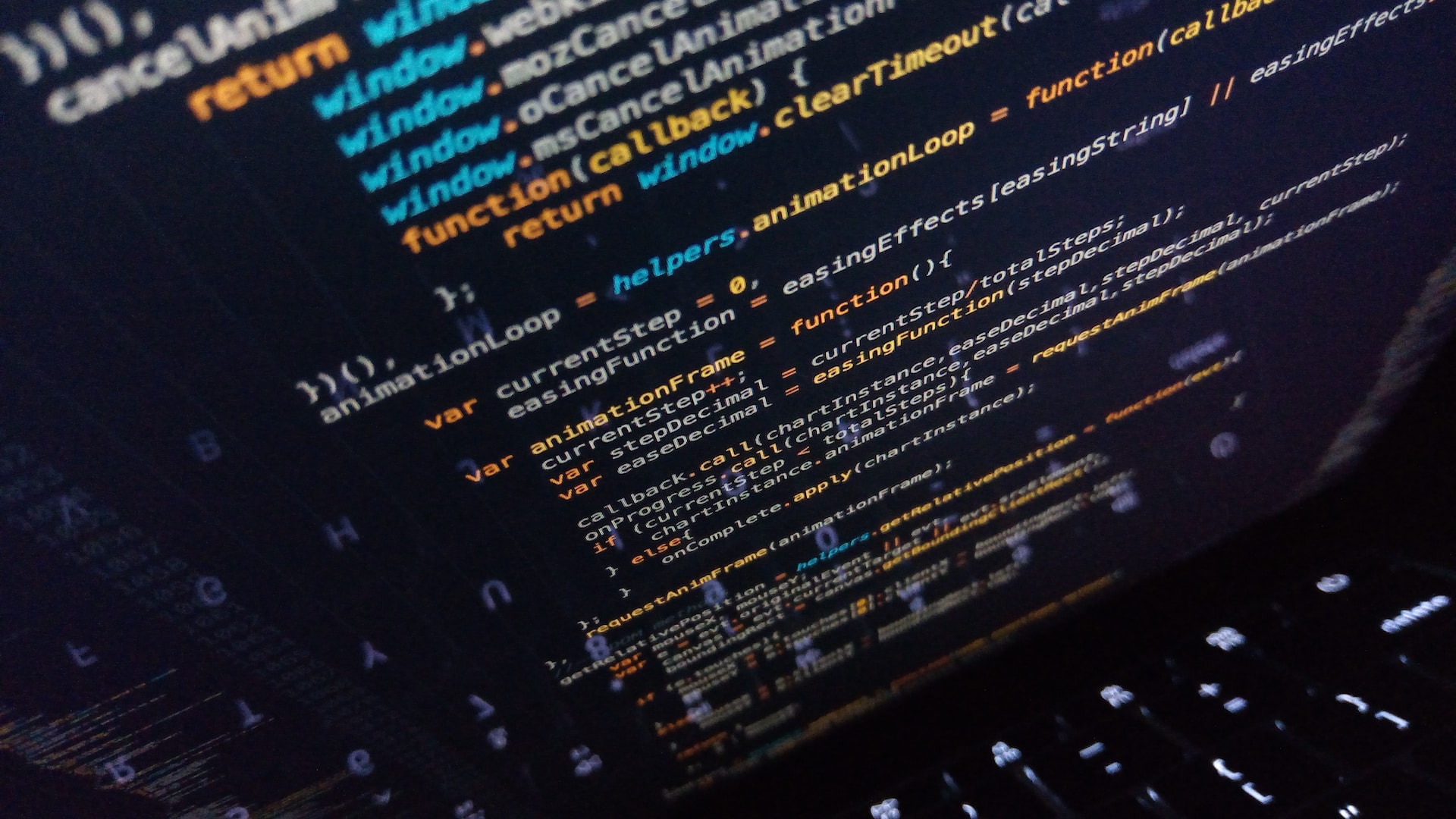Finding the Right Code Language for Your Project: An Overview of the Variety of Options Available

Deciphering Code Languages
Choosing the right programming language can be a daunting task, given the plethora of options available. From the tried-and-true C and C++ to the latest JavaScript frameworks, the world of coding offers a wide array of languages, each with its unique strengths and applications. The key to making an informed choice is to understand the purpose and specific requirements of your coding project.
At its core, a programming language is a set of instructions that directs a computer to perform specific tasks. Different languages cater to a wide spectrum of applications, from software development and web design to robotics and machine learning. Each language is crafted with distinct features, making it crucial to select the one that aligns with your project's demands.
Popular Starting Points
For those venturing into the world of coding, the multitude of choices can be overwhelming. As a beginner, you might find solace in a language that's widely embraced in the development community: JavaScript.
JavaScript, often referred to as JS, is a scripting language introduced in 1995. It is primarily used for building web applications and incorporating interactive features into web pages. With its user-friendly syntax and the exciting possibilities it offers in web development, JavaScript serves as an excellent starting point for aspiring coders.
Another favored option among coders, spanning both novices and experts, is C++. C++ falls into the category of middle-level languages, boasting syntax that resembles human language while maintaining structured elements. This balance results in robust capabilities, allowing programmers to craft both elementary and intricate programs. C++ is often the language of choice for building video game engines, software tools, and other sophisticated applications.
On the other end of the spectrum lies Python, a high-level language celebrated for its natural and readable syntax. Renowned for its simplicity, Python is exceptionally user-friendly and particularly well-suited for beginners. It's an ideal choice for those seeking to dive into coding without grappling with the intricacies of more complex languages.
Matching Language to Purpose
Every coding language comprises a series of instructions, yet some are better suited for specific tasks than others. For instance, if you're developing a smartphone app or a website, you would likely avoid using C++. Conversely, when crafting a game engine, Python may not be your first choice.
When it comes to deciding on the right code language, two primary considerations should guide you. Firstly, identify the project's objectives. This step helps narrow down the list of suitable languages and directs your focus. Secondly, delve into research, explore the available languages, and seek online resources or tutorials to guide your choice. As part of your learning process, dive into coding and familiarize yourself with the language's syntax.
The Power of Practice
Regardless of the code language you select, remember that practice makes perfect. Like any skill, coding requires ongoing dedication. Don't be disheartened by mistakes; coding is inherently about problem-solving, and perfection doesn't arrive overnight. Instead, view errors as learning opportunities and stepping stones towards improvement.
In Conclusion
The decision of choosing the right code language ultimately boils down to personal preference and project requirements. While certain languages may align more naturally with specific tasks, innovation often thrives on imaginative solutions. The crux of the matter is to research, practice, and remain open-minded. Coding entails a learning curve, but with unwavering commitment, it can evolve into a fulfilling and rewarding pursuit.
Additional Resources
- JavaScript Documentation on MDN - Access comprehensive documentation for JavaScript on Mozilla Developer Network (MDN).
- C++ Tutorial - Explore an in-depth C++ tutorial for beginners to advanced learners.
- Python Documentation - Find official Python documentation to master the language's features.
- Codecademy - Learn to code interactively with courses on various programming languages.

